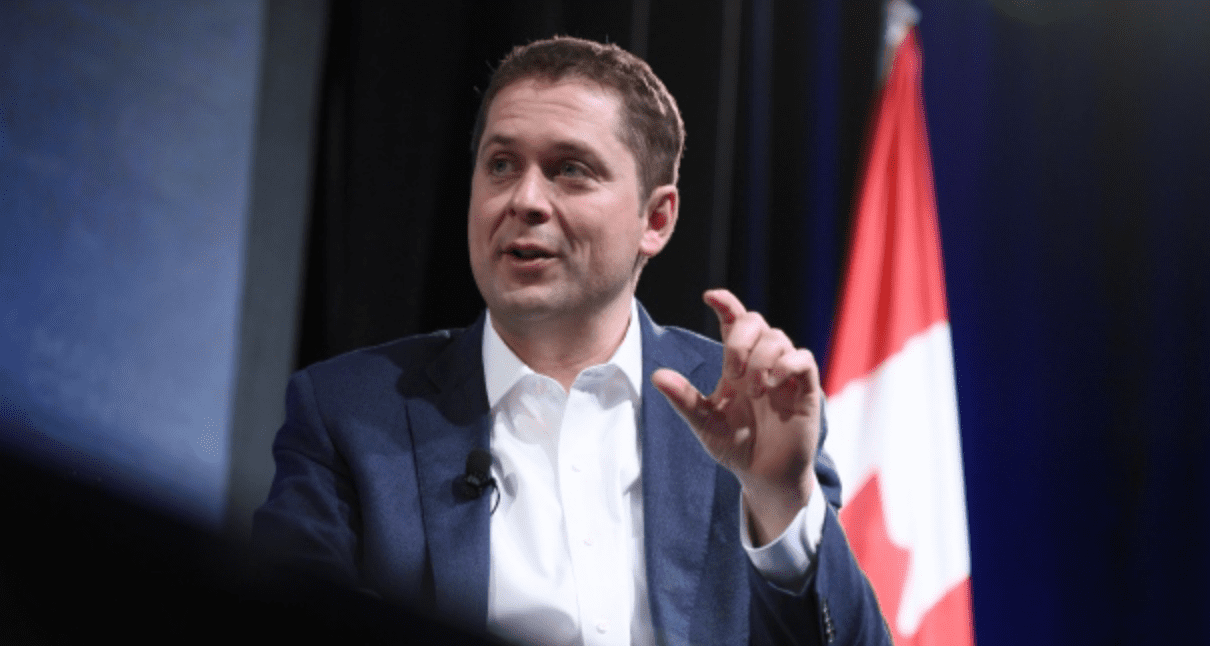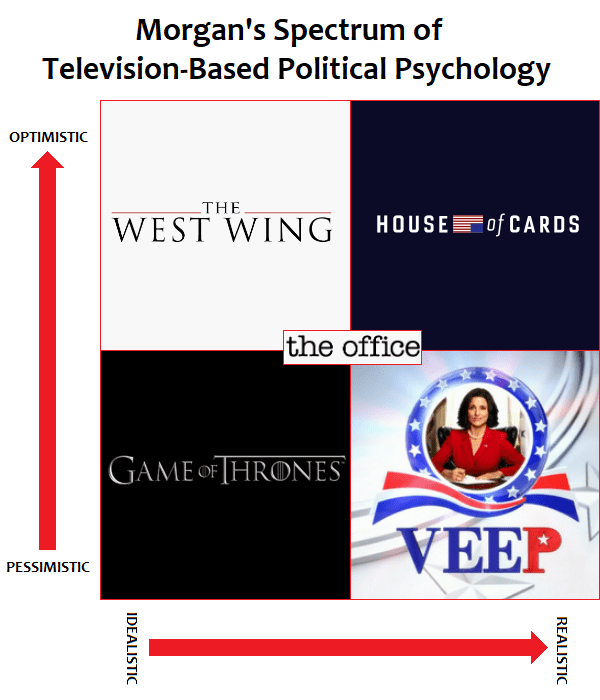So, I've been sitting here all day banging away at my keyboard, trying and failing to get my blood up enough to deconstruct what it is about Conservative Leader Andrew Scheer that I find to be on the one hand so wretched, but on the other so uninspiring.
And after plenty of writing, and plenty of deleting what I've just written, I think I've come around to the idea that the reason I can't get mad about Scheer is because there is so little to him.
He's like a beige wall. There's nothing there to like, but how do you get viscerally upset about a beige wall?
Andrew Scheer does not thrill, he drones. He's not the sort of guy that draws people to him through animal magnetism or even pleasant charm, he just exists. He's like the nitrogen in the air we breathe. He's there.
It's perhaps his greatest weakness, but at the same time something of a strength.
It's this empty quality of his that allows him to hammer away in question period on multiple occasions about the horrible dangers to Canadian sovereignty by agreeing to a UN compact on immigration, with little to no longterm damage.
Throughout the text of the compact it is clear to explicitly say it is both non-binding and does not interfere with a nation's sovereignty, it even clearly says that countries can define "regular" and "irregular" migrants however they see fit.
Scheer and the Conservative Party would have you believe otherwise:
"Andrew Scheer opposes signing on to this international agreement, because Canada must be in control of our borders and have full autonomy over who enters our country — not some foreign entity that cannot be held accountable by the Canadian people."
That's not some off-hand comment, that's from a part of the party's website where they're looking to get email signups to attract more donations.
It's the type of message that attracts the very worst elements of modern conservative politics. The elements which are now becoming the very core of conservatism.
Maybe it's because he believes in this stuff, maybe it's because he's too much of a coward to oppose it.
It's this emptiness that allowed his campaign manager to provide IT support for, and sat on the board of the miserable hell site The Rebel, and somehow not carry the stain of that collection of far-right trash merchants. Sure, the guy helped get the site off the ground, but Scheer says he won't do interviews with them anymore, so what's the harm?
Even when he's trying to show some kind of backbone and make himself out to be some kind of tough, there's something flat about it. Just three hours after Jody Wilson-Raybould finished her first round of testimony in front of the justice committee, detailing the misdeeds of the Prime Minister's Office, Scheer was looking to put Justin Trudeau's head on a pike.
His demand for Trudeau's immediate resignation fell flat. Trudeau is still prime minister, and after expelling some troublesome members, his caucus has closed ranks around him.
And yet, Scheer persists in our politics. His party polls at levels of popularity similar to Trudeau's Liberals.
His most vivid policy is his opposition to carbon taxes, but that's not a policy it's a declaration of opposition. Scheer has said he's got a climate plan coming soon, but he's been saying that for months now with nothing to show for it. The easy conclusion is he hasn't released a plan, because he doesn't plan to do anything.
If you ask him, he'll tell you he believes in climate change, and he believes it's the fault of human activity. But it's clear he's going though the motions. What conservatives have learned through the years is rather than try and dodge the question of whether you believe in climate change, answer in the affirmative and then do whatever you want.
Look to Ontario where Doug Ford promised no one would be fired and no services would be cut because he could get things under control through "efficiencies." He had to say it to win, but now that he's won it doesn't matter what he's promised. Teachers are being fired, the axe is falling all over the provincial budget, and Ford blusters onward.
You can expect similar results in Alberta, where Jason Kenney has just won a campaign with a core of fairy tale promises about unilateral constitutional change with no hope of success. He carried a number of candidates with vile views across the finish line. His leadership campaign was being investigated for possible voter fraud and it's been alleged he was doing everything he could to kneecap his leadership opponent by letting a stalking horse do all his dirty work.
The consequences to both leaders has been limited. That may change with time, but while the clock spins Ford and Kenney have power.
And this is the ultimate lesson for a beige wall like Scheer. You can bullshit your way through a campaign. You can make absurd promises. You can indulge the worst wings of your party, and you can even get into some dirty tricks.
As long as people are angry enough, you can channel that anger to your advantage. Fortunately, no one has ever been burned playing with fire.
Photo Credit: CBC News








